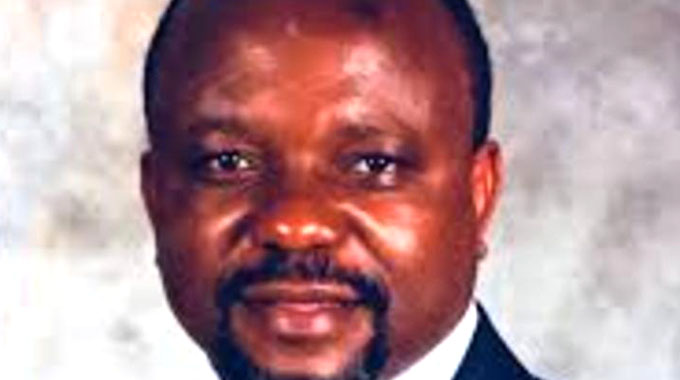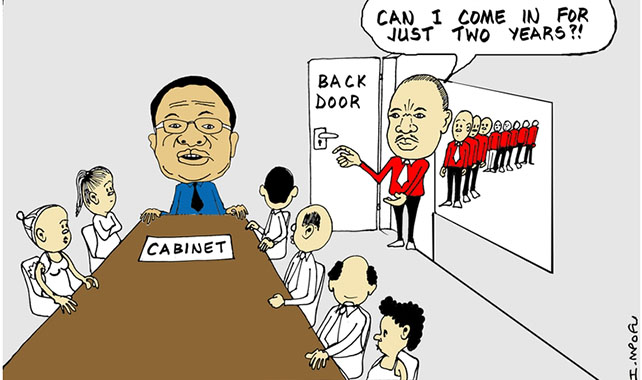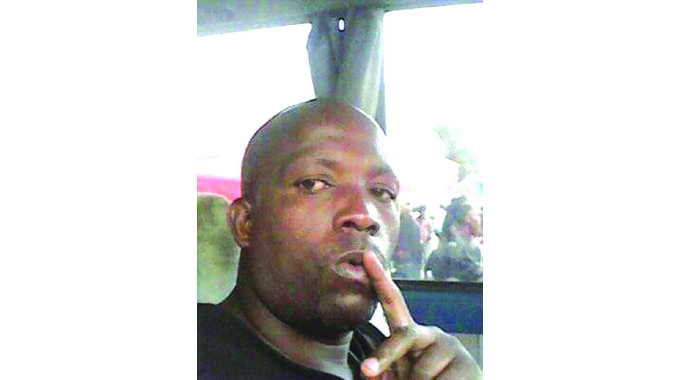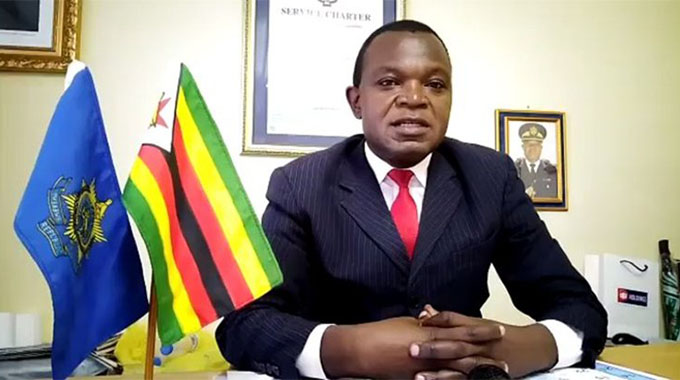January violence mastermind arrested

Herald Reporters
One of the alleged masterminds of violent protests that rocked the country last month, Rashid Mahiya who is the chairperson of Crisis Coalition in Zimbabwe, yesterday handed himself over to police and was charged with subversion.
South African-based Blessing Vava, who is Crisis in Zimbabwe Coalition regional coordinator confirmed the arrest of Mahiya, saying contrary to earlier reports that he had skipped the country, the activist has been in the country.
Vava said: “Zimbabwe Republic Police (ZRP) officers charged Mahiya, the Director of Heal Zimbabwe Trust with subverting a constitutional Government in Section 22 of the Criminal Law (Codification and Reform) Act.
“Mahiya reported at Harare Central Police Station accompanied by his lawyer Tonderai Bhatasara of Zimbabwe Lawyers for Human Rights after he became aware that ZRP officers were keen on questioning him.”
He is expected to appear in court today.
Mahiya was fingered in the planning of violent disturbances that rocked the country from January 14 to 16 involving MDC-Alliance, the Zimbabwe Congress of Trade Unions (ZCTU) and other civil society organisations.
Intelligence gleaned before the disturbances which left a trail of destruction worth millions of dollars and six deaths, showed that Mahiya was involved in workshops in Harare that also hosted foreign nationals that were key in coordinating and funding the upheaval meant to upend the constitutional order in Zimbabwe.
From December 3 to 7 last year, Mahiya and a committee member, Mr Pride Mukono facilitated the workshop under the theme: “The Crisis of Legitimacy in Zimbabwe.”
The workshop is said to have been attended by over 80 people from 40 civic organisations affiliated to CCiZ.
The six regime change strategists from the United States, Germany, Spain and Switzerland facilitated the workshop at which the NGOs were promised more funding “if they show maturity in organising their programmes as one entity”, said a source who refused to be identified for security reasons.
Foreigners who attended the meeting include Ms Nora Rafaeil, an American, Gerald Ordway (Spain) and Martina Zapf (Switzerland).
In early January, a further workshop was organised in Belvedere, Harare, which also involved foreigners before the launch of the violent disturbances under the moniker of “shutdown”.
During the orgy of violence, protesters blocked roads, prevented free movement of people and vehicles by barricading roads, burning cars as well as Government installations such as police stations.
They also burnt Government cars and buses while they looted shops and vandalised property.
Seventy-eight police officers were injured in the line of duty, while one was killed.
Security services quelled the disturbances, arresting over a thousand participants, many of whom were caught looting.
The culprits have appeared in court.








Comments